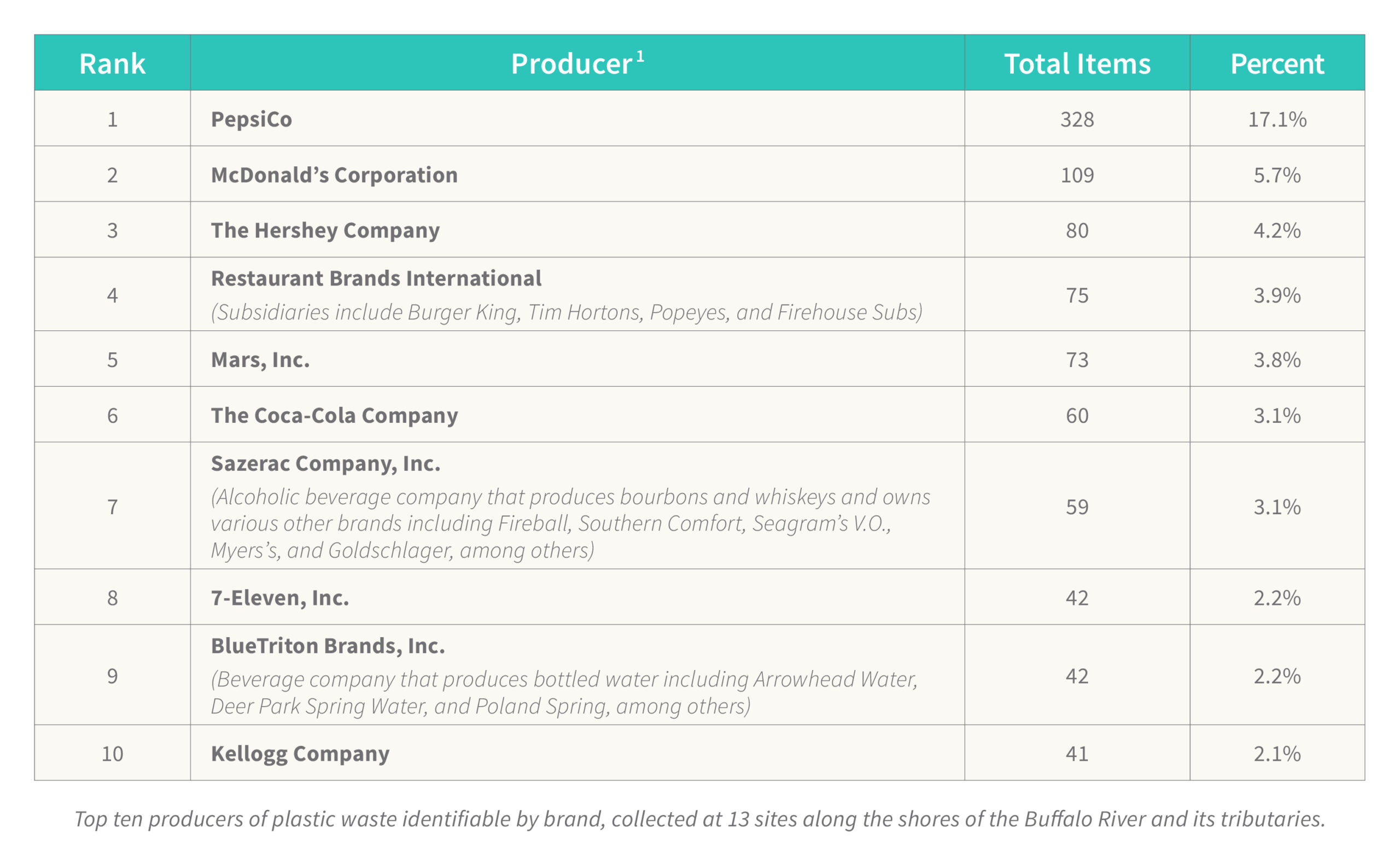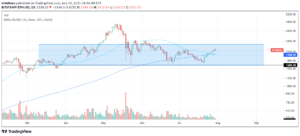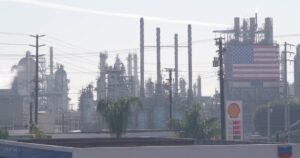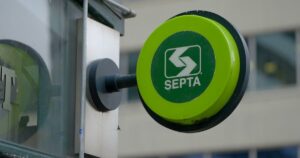New York state’s far-reaching lawsuit against PepsiCo is notable for its allegations that single-use packaging is a public nuisance, a health concern, and that the company misled consumers about the effectiveness of recycling as a way to address the problem.
Legal experts described the litigation as a test case that could affect how companies communicate about their environmental commitments.
“We don’t have uniform or consistent standards governing what companies can say about what they are doing,” said Patrick Parenteau, professor of law emeritus and senior fellow for climate policy at the Vermont Law and Graduate School. “But it will take a victory in court before a lot of companies do anything about it.”
The 39-page complaint, filed in mid-November by New York Attorney General Letitia James, centers on single-use packaging such as food wrappers and bottles collected along the shores of the Buffalo River between 2013 and 2022. PepsiCo was the biggest producer of the plastic waste found during community cleanups, accounting for 17 percent of the items, the lawsuit claims. The second-most common brand was McDonald’s, with 5.7 percent. A separate, national study by Break Free From Plastic identified PepsiCo as the No. 1 or No. 2 producer of “branded plastic trash” across the U.S., the attorney general’s office said.
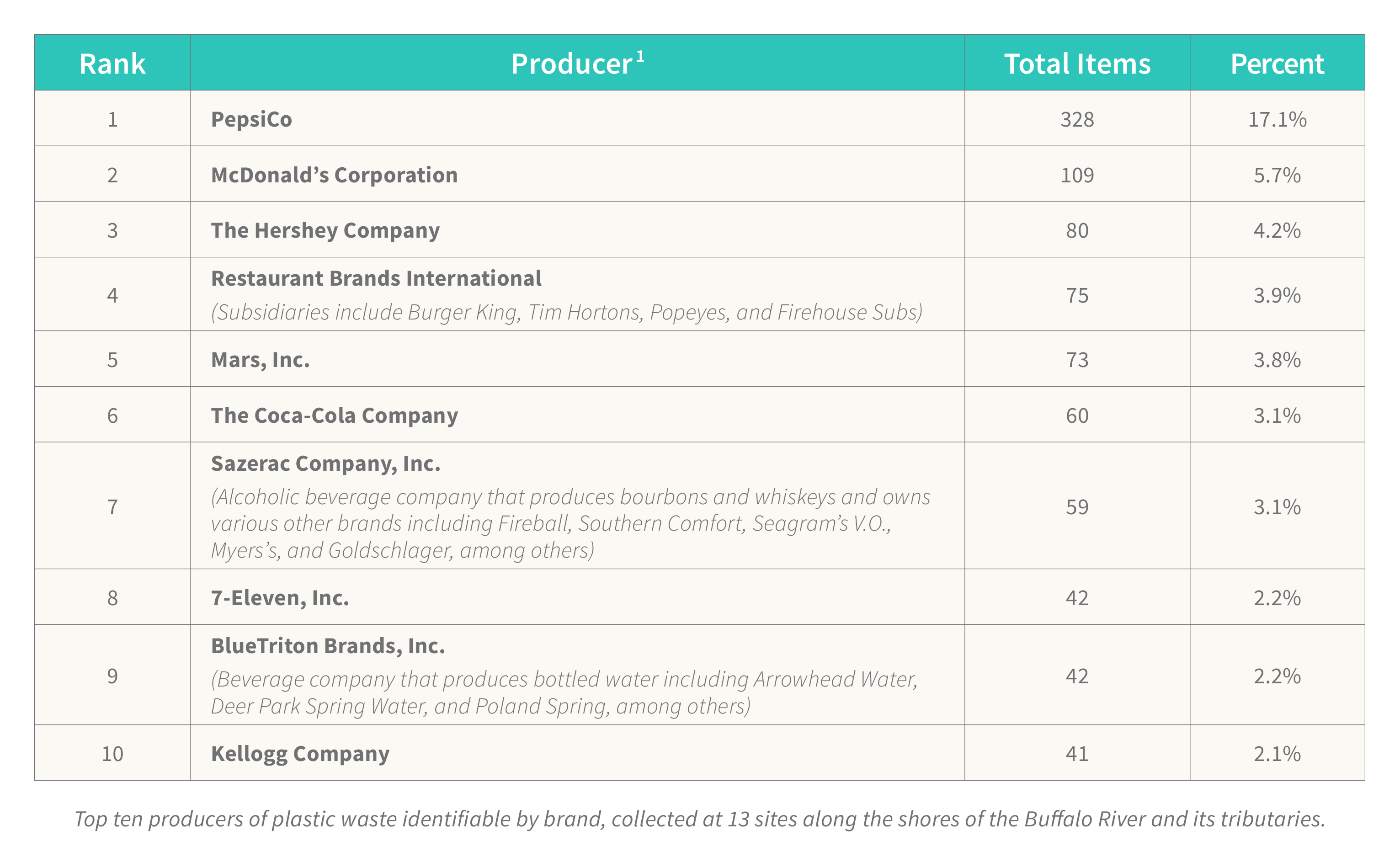
The suit seeks to require PepsiCo to adopt alternatives to single-use packaging, to remediate “harm done to the Buffalo River and its shoreline,” and to add labels warning consumers about environmental and health issues linked to plastic pollution.
“If PepsiCo’s products carried a warning about the packaging’s potential contribution to plastic pollution and the risk of harms to human health and the environment that could result, the warning would affect consumer choices in a manner that would reduce those harms,” the lawsuit argues.
New York is also asking for disgorgement, a process that would fine PepsiCo for a share of the revenue and profits the company earned by failing to warn consumers about the harm caused by single-use plastics.
What makes this complaint unique
The lawsuit is a “unique application” of a well-understood New York common law, said Vermont law school’s Parenteau.
“Holding the manufacturer liable for the plastic is new, and that’s big,” he said. “Because this is New York with a very powerful [attorney general], you definitely have to pay attention to what is in this case.”
Steven Felt, senior attorney and legal and research manager with the Center for International Environmental Law, said companies should expect to see more suits of this nature as a growing number of states and municipalities struggle with the costs of handling cleanup of everything from forever chemicals to plastic.
As part of its argument, for example, the New York lawsuit points to an $18 million investment that Buffalo is making in a recovery system for capturing floating waste. “The main thing that this case, and some of the other cases, is establishing in the courts is what has been established by facts: The plastics industry wants to portray plastic pollution as a problem of individuals, litter and waste management,” Felt said. “When it actually is a crisis of production and of introducing this packaging and these products into commerce.”
Allegations of ‘misleading statements’
Of particular note for other companies is how New York is using PepsiCo’s public statements about recycling and virgin plastic to support its case.
“Using press releases and other public statements, PepsiCo deliberately creates the misleading impression that some or all of the types of plastic resins used in its plastic packaging are infinitely recyclable, i.e., that there is a circular economy for plastic in which PepsiCo’s plastic packaging can be reprocessed over and over again,” the lawsuit argues.
That is not the case for single-use wrappers, which can’t be recycled currently. What’s more, plastic can only be recycled a certain number of times before the quality degrades so that it cannot be used again, the complaint says.
The plastics industry wants to portray plastic pollution as a problem of individuals, litter and waste management when it actually is a crisis of production and of introducing this packaging and these products into commerce.
The lawsuit also challenges statements by PepsiCo on targets to reduce the virgin plastic in beverage bottles and for increasing the percentage of recycled content. The timelines for those pledges were both extended after it became clear that the company couldn’t reach them, according to the filing. Last year, PepsiCo’s use of virgin plastic rose by 11 percent; the goal is to decrease its use by 50 percent by 2030. As of 2020 (the last year for which there is an update), recycled content accounted for 5 percent of the total, compared with the 50 percent the company has pledged by the end of the decade.
What’s next?
PepsiCo declined to comment directly on the litigation. In a statement, the company pointed to its advocacy for New York bottle bill improvements and extended producer responsibility bills being considered by the state legislature. It also pointed to its work to improve infrastructure and awareness of recycling.
“This is a complex issue and requires involvement from a variety of stakeholders, including businesses, municipalities, waste-reduction providers, community leaders and consumers,” the company said.
Beyond Plastics, an anti-pollution NGO, circulated a letter this week from other New York cities, environmental organizations and citizens’ groups, which calls on other states to follow New York’s lead. California Attorney Rob Bonta launched an investigation into plastics production in April 2022. That investigation, which is still active, focuses on fossil fuels and petrochemicals companies.
Judith Enck, president of Beyond Plastics, said New York state has a long history of using public nuisance laws to force companies to clean up their pollution.
“It is not about personal behavior, it is about accountability,” Enck said. “Who should pay to clean up Pepsi’s products, Pepsi or the taxpayer?”
- SEO Powered Content & PR Distribution. Get Amplified Today.
- PlatoData.Network Vertical Generative Ai. Empower Yourself. Access Here.
- PlatoAiStream. Web3 Intelligence. Knowledge Amplified. Access Here.
- PlatoESG. Carbon, CleanTech, Energy, Environment, Solar, Waste Management. Access Here.
- PlatoHealth. Biotech and Clinical Trials Intelligence. Access Here.
- Source: https://www.greenbiz.com/article/why-it-matters-new-york-state-suing-pepsico-over-single-use-plastic
- :has
- :is
- :not
- $UP
- 1
- 11
- 17
- 2013
- 2020
- 2022
- 2030
- 50
- 7
- 8
- a
- About
- about IT
- According
- accountability
- accounted
- Accounting
- across
- active
- actually
- add
- address
- adopt
- advocacy
- affect
- After
- again
- against
- All
- Allegations
- along
- also
- alternatives
- an
- and
- anything
- Application
- April
- ARE
- Argues
- argument
- AS
- asking
- At
- attention
- attorney
- Attorney General
- awareness
- BE
- became
- because
- been
- before
- behavior
- being
- between
- BEVERAGE
- Beyond
- Big
- Biggest
- Bill
- Bills
- both
- brand
- branded
- Break
- Buffalo
- businesses
- but
- by
- california
- Calls
- CAN
- cannot
- Capturing
- carried
- case
- cases
- caused
- Center
- Centers
- certain
- challenges
- Chart
- chemicals
- choices
- circular economy
- Cities
- claims
- clean
- clear
- Climate
- comment
- Commerce
- commitments
- Common
- communicate
- community
- Companies
- company
- compared
- complaint
- complex
- Concern
- considered
- consistent
- consumer
- Consumers
- content
- contribution
- Costs
- could
- Court
- Courts
- creates
- crisis
- Currently
- decade
- decrease
- definitely
- described
- directly
- do
- doing
- done
- Dont
- during
- e
- earned
- economy
- effectiveness
- end
- Environment
- environmental
- established
- establishing
- Ether (ETH)
- everything
- example
- expect
- experts
- extended
- facts
- failing
- far-reaching
- fellow
- felt
- filed
- Filing
- fine
- floating
- focuses
- follow
- food
- For
- Force
- forever
- fossil
- fossil fuels
- found
- Free
- from
- fuels
- General
- goal
- governing
- graduate
- Group’s
- Growing
- Handling
- harm
- harms
- Have
- he
- Health
- history
- holding
- How
- HTTPS
- human
- i
- identified
- if
- improve
- improvements
- in
- Including
- increasing
- individuals
- industry
- Infrastructure
- International
- into
- introducing
- investigation
- investment
- involvement
- issue
- issues
- IT
- items
- ITS
- james
- jpg
- Labels
- Last
- Last Year
- Law
- Laws
- lawsuit
- lead
- leaders
- Legal
- Legislature
- Letitia James
- letter
- linked
- Litigation
- Long
- Lot
- Main
- MAKES
- Making
- management
- manager
- manner
- Manufacturer
- Matters
- million
- misleading
- more
- Municipalities
- National
- Nature
- New
- New York
- New York state
- New York’s
- next
- Ngo
- no
- notable
- note
- number
- NY
- of
- Office
- on
- only
- or
- organizations
- Other
- over
- packaging
- part
- particular
- patrick
- Pay
- pepsico
- percent
- percentage
- personal
- plastic
- plastics
- plato
- Plato Data Intelligence
- PlatoData
- points
- policy
- Pollution
- potential
- powerful
- president
- press
- Press Releases
- Problem
- process
- producer
- Production
- Products
- Professor
- profits
- providers
- public
- quality
- reach
- recovery
- recycled
- recycling
- reduce
- Releases
- require
- requires
- research
- responsibility
- result
- revenue
- Risk
- River
- rob
- ROSE
- s
- Said
- say
- says
- School
- see
- Seeks
- senior
- Share
- should
- So
- some
- stakeholders
- standards
- State
- Statement
- statements
- States
- Still
- Struggle
- such
- Suit
- support
- system
- Take
- targets
- Taxpayer
- test
- that
- The
- The State
- their
- Them
- There.
- These
- they
- thing
- this
- this week
- those
- timelines
- times
- to
- Total
- types
- u.s.
- unique
- Update
- use
- used
- using
- variety
- Vermont
- very
- victory
- Virgin
- wants
- warning
- was
- Waste
- Way..
- we
- week
- were
- What
- What is
- when
- which
- WHO
- why
- will
- with
- Work
- would
- year
- york
- you
- zephyrnet

